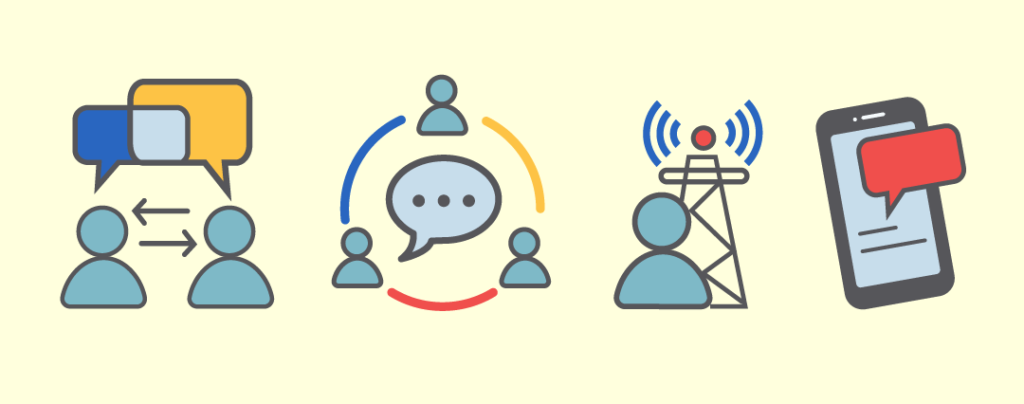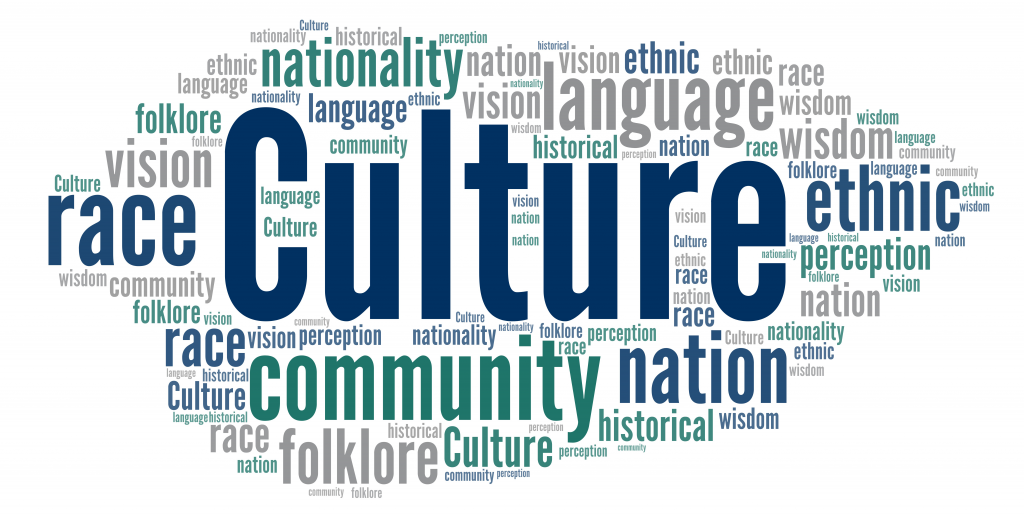
How Has the Internet Revolutionized Communication in the Past Decade?
Communication is an essential aspect of human interaction, and the internet has drastically transformed the way we connect, share information, and collaborate. Over the past decade, advancements in technology and the widespread adoption of digital platforms have revolutionized communication processes, leading to unprecedented levels of connectivity and accessibility. In this comprehensive guide, we’ll explore the profound impact of the internet on communication, highlighting key trends, technologies, and societal changes that have emerged in recent years.
Evolution of Online Communication
The internet has become synonymous with modern communication, providing individuals and organizations with a diverse array of tools and platforms to exchange information and engage with others. From its humble beginnings as a network of interconnected computers to the global phenomenon it is today, the internet has undergone significant evolution, reshaping the way we interact and communicate.

Social Media Revolution
One of the most notable developments in online communication has been the rise of social media platforms. Sites like Facebook, Twitter, and Instagram have become integral parts of everyday life for billions of people worldwide. These platforms enable users to connect with friends and family, share updates, photos, and videos, and participate in discussions on a wide range of topics.
The past decade has seen social media evolve from simple networking tools to powerful communication channels that influence public opinion, shape cultural trends, and facilitate activism and social change. The instantaneous nature of online interactions has transformed the way news is disseminated, with information spreading rapidly through shares, retweets, and viral posts.
Messaging Apps and Real-Time Communication
In addition to social media, messaging apps have become increasingly popular for online communication. Platforms like WhatsApp, Messenger, and Slack allow users to send instant messages, make voice and video calls, and collaborate in real time. These apps have revolutionized the way we communicate with friends, family, and colleagues, breaking down barriers of time and distance.
Real-time communication has become essential in both personal and professional settings, enabling teams to collaborate effectively across different time zones and locations. Whether it’s coordinating projects, conducting virtual meetings, or simply staying in touch with loved ones, messaging apps have made it easier than ever to connect with others in real time.
Democratization of Content Creation
One of the most significant impacts of the internet on communication has been the democratization of content creation. In the past, traditional media outlets controlled the production and distribution of news and entertainment content. However, the internet has empowered individuals to create and share their own content, bypassing traditional gatekeepers and reaching audiences directly.

Blogs, Vlogs, and Podcasts
Blogging, vlogging, and podcasting have emerged as popular mediums for online communication, allowing individuals to share their thoughts, expertise, and experiences with a global audience. Platforms like WordPress, YouTube, and Spotify have made it easy for anyone to create and publish content, whether it’s written articles, video tutorials, or audio discussions.
The accessibility of these platforms has enabled people from all walks of life to become content creators, influencing conversations and shaping public discourse on a wide range of topics. From niche hobbies to professional expertise, the internet has provided a platform for diverse voices to be heard.
User-Generated Content and Social Influence
Social media platforms have also fueled the rise of user-generated content, with individuals sharing their creations, opinions, and experiences with the world. Influencers, bloggers, and content creators have amassed large followings and become powerful online communicators, shaping consumer trends and influencing purchasing decisions.
The concept of social influence has become increasingly important in online communication, with brands and businesses leveraging the reach and engagement of influencers to promote their products and services. User-generated content adds authenticity and credibility to marketing efforts, as consumers trust recommendations from peers and trusted sources over traditional advertising.
The Impact on Society and Culture
The internet‘s influence extends beyond individual communication to impact society and culture at large. From the way we consume information to the way we form relationships and identities, the digital age has reshaped the fabric of human interaction in profound ways.

Information Access and Awareness
The internet has democratized access to information, allowing people to educate themselves on a wide range of topics and stay informed about current events. News websites, blogs, and social media feeds provide a constant stream of information, enabling individuals to engage with diverse perspectives and form their own opinions.
However, the abundance of information available online has also led to concerns about misinformation and online communication. The spread of fake news, conspiracy theories, and propaganda has challenged the reliability of online sources and highlighted the importance of critical thinking and media literacy.
Social Connectivity and Relationships
While the internet has made it easier to connect with others, it has also raised questions about the quality of online relationships compared to face-to-face interactions. Social media, in particular, has been criticized for promoting shallow connections and fostering a culture of comparison and self-promotion.
However, research suggests that online communication can enhance social connectivity and support networks, especially for individuals who may feel isolated or marginalized in their offline lives. Online communities provide a sense of belonging and camaraderie, allowing people to find support, share experiences, and build meaningful relationships.
Cultural Exchange and Globalization
The internet has facilitated unprecedented cultural exchange and globalization, allowing people from different backgrounds and regions to connect and collaborate online. Social media, streaming platforms, and online forums have exposed individuals to diverse cultures, languages, and perspectives, breaking down barriers and fostering mutual understanding.
However, the internet‘s role in cultural exchange is not without challenges, as it can also lead to cultural homogenization and the erosion of local traditions and identities. The dominance of Western media and technology platforms has raised concerns about the preservation of cultural diversity in the digital age.
Future Trends and Considerations

As we look to the future, it’s clear that the internet will continue to shape the way we communicate and interact with each other. Emerging technologies such as artificial intelligence, virtual reality, and augmented reality promise to further revolutionize online communication, offering new opportunities for immersive experiences and enhanced connectivity.
However, with these advancements come new challenges and considerations. Privacy concerns, cybersecurity threats, and the ethical implications of AI are just a few of the issues that must be addressed as we navigate the evolving landscape of online communication.
In conclusion, the internet has revolutionized communication in the past decade by providing unprecedented levels of connectivity, enabling the creation and sharing of content on a global scale, and reshaping societal norms and cultural dynamics. While there are undoubtedly challenges and complexities associated with online communication, the potential for positive impact and meaningful connection is vast. As we continue to adapt to the digital age, it’s essential to approach online communication with mindfulness, empathy, and a commitment to fostering healthy and inclusive communities.


